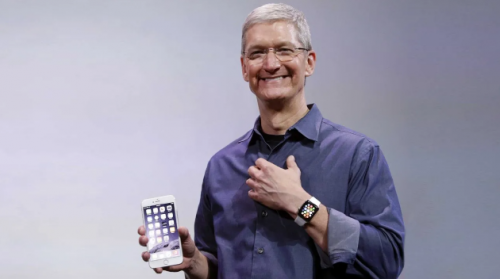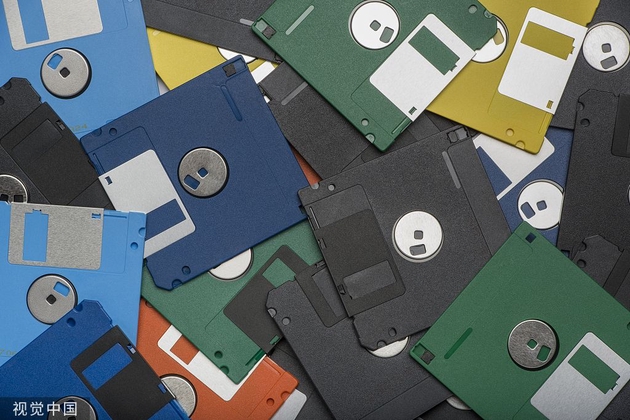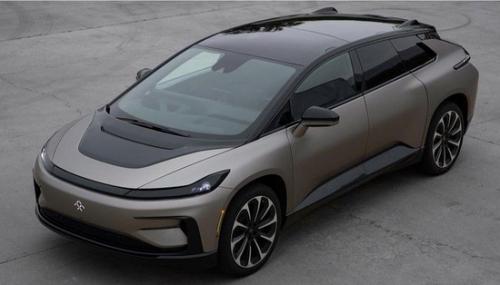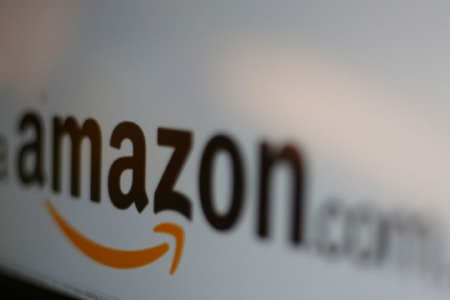your current location is:Home > carHomecar
GM's Cruise recalls some self-driving cars: software upgrades will be made
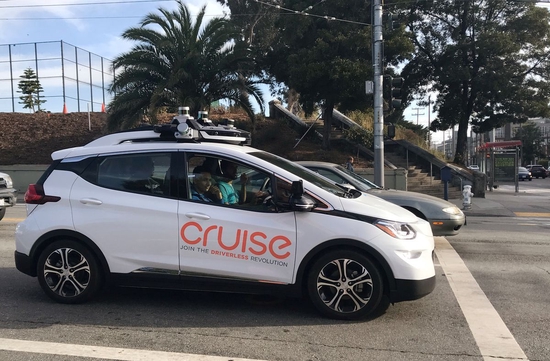
According to reports, Cruise, the self-driving unit of General Motors, said on September 1 that after a car accident in San Francisco in June this year in which two people were injured, the company 80 self-driving cars have been recalled and software upgrades will be made to those vehicles.
The federal regulator said the recalled vehicles' software may have "mispredicted" the paths of vehicles to and from. Cruise said it has now determined that the unusual situation will not recur after the update.
The National Highway Traffic Safety Administration (NHTSA) has stepped up its scrutiny of advanced driver assistance systems and autonomous vehicle systems in recent months. Last year, the agency directed all automakers and tech companies to promptly report accidents involving self-driving vehicles.
The NHTSA said on Thursday that Cruise's recall application "to address a safety flaw in its self-driving system software" is required by law.
NHTSA also added that it "expects all manufacturers, including those developing autonomous driving systems, to continually ensure they meet requirements to initiate recalls for any safety issue that poses an unreasonable risk to safety."
The NHTSA said the recalled Cruise software could "in some cases cause (autonomous driving systems) to incorrectly predict another vehicle's path, or sudden path changes to road users when making an unprotected left turn. Insufficient response."
Cruise disclosed on Thursday that it temporarily banned its vehicles from unprotected left turns and reduced the area in which its vehicles could operate following the June 3 crash in San Francisco. Following a July 6 software update, Cruise said it had gradually reintroduced unprotected left turns, meaning intersections without dedicated left-turn arrow lights.
In a statement on Thursday, Cruise stressed that all vehicles received a software update and that the recall "does not affect or change our current on-road operations." The company also added: "Now Cruise's self-driving car is even better at preventing this particular event."
"Inappropriate self-driving system responses increase the risk of a collision," NHTSA said. The agency said last month that it opened a special investigation into the accident involving Cruise's self-driving car.
Cruise said that in rare cases, the software would cause the autonomous vehicle to brake hard while executing an unprotected left turn, which the software believes is necessary to avoid a severe front-end collision. Self-driving vehicles "had to decide between two different risk scenarios and chose the one with the least likelihood of a severe collision before an oncoming vehicle suddenly changed direction," the company said.
Cruise also noted that the police report found the most at fault in the June crash was another vehicle that was traveling at 40 mph in a 25-mile zone.
In March, tech startup Pony.ai also agreed to recall some versions of its self-driving system software that was used in three vehicles after a crash in California in October.
GM has lost nearly $5 billion since 2018 trying to build a self-driving taxi business in San Francisco. The company also disclosed in July that it lost $500 million in the second quarter after Cruise began charging for rides in a limited area of San Francisco.
GM and Cruise disclosed in February that they had filed applications with NHTSA to deploy autonomous vehicles on the road without steering wheels, mirrors, turn signals and windshield wipers. Last month, NHTSA said it would extend the public comment period on the request.
related articles
Article Comments (0)
- This article has not received comments yet, hurry up and grab the first frame~






